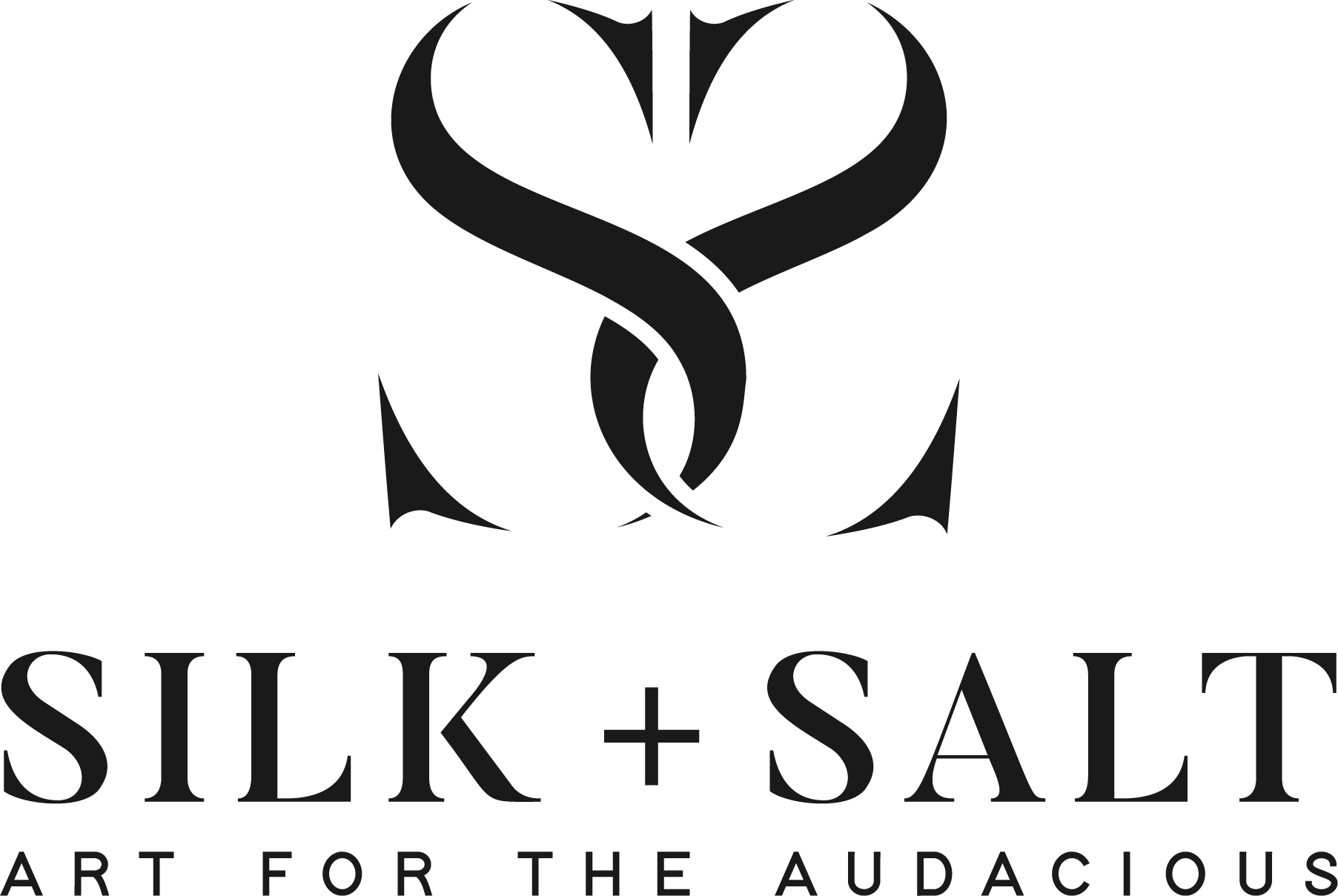The world relentlessly bombards us with unrealistic beauty standards. Women in particular are told, both directly and indirectly, how they should show up in the world. They should be pretty, but not unapproachable. Sexy, but not slutty. A boss, but not bossy. Thin, but curvy. A caretaker, but not a nag. Passionate, but not hysterical. Attractive, but modest.
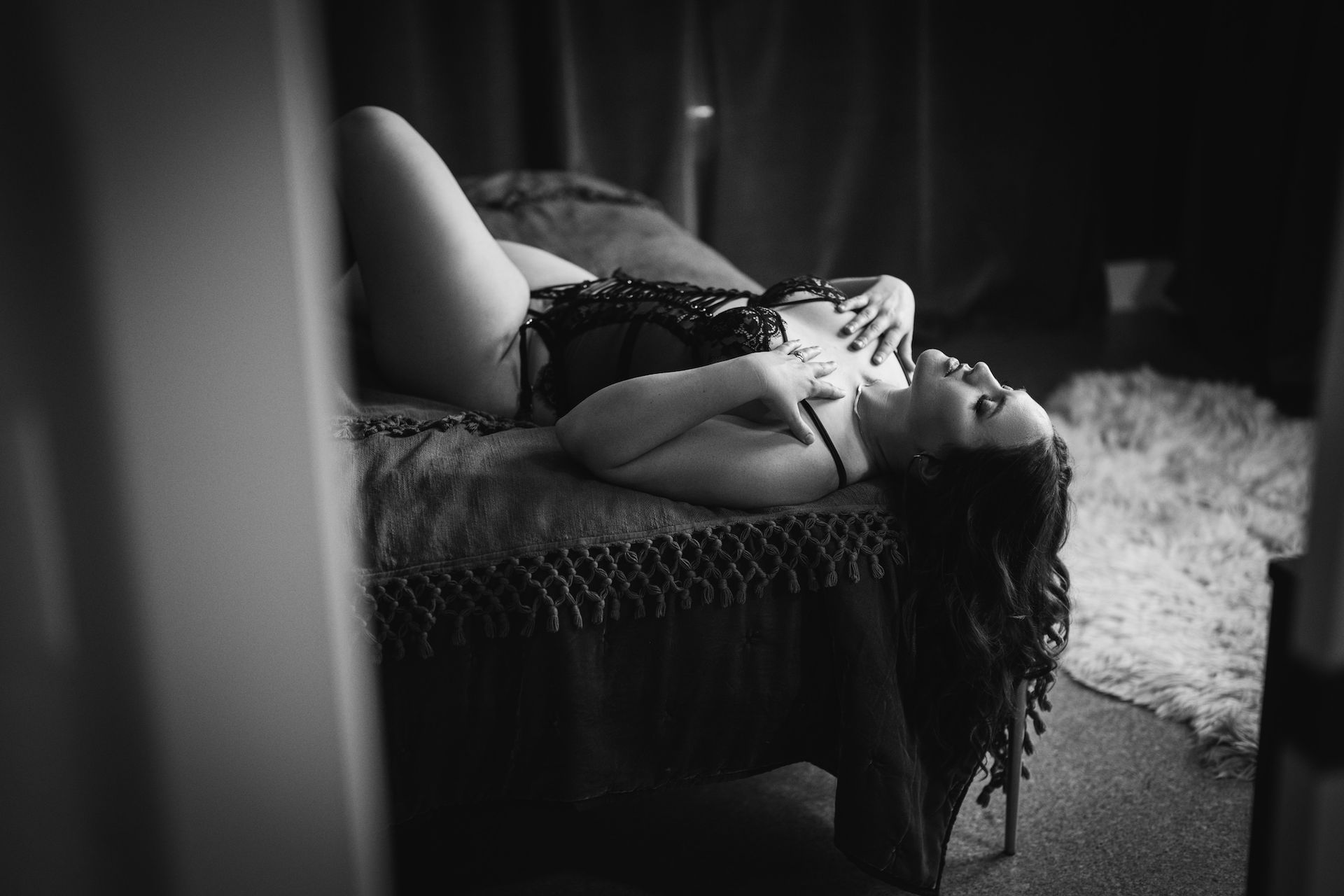
The standards are impossible, and so we begin to choose. Do we want to be competent or liked? A leader or accepted? So often, we reign ourselves in. We make ourselves smaller, quieter, more polite. We choose invisibility, but we are judged for it as much as when we choose visibility.
How about… no.
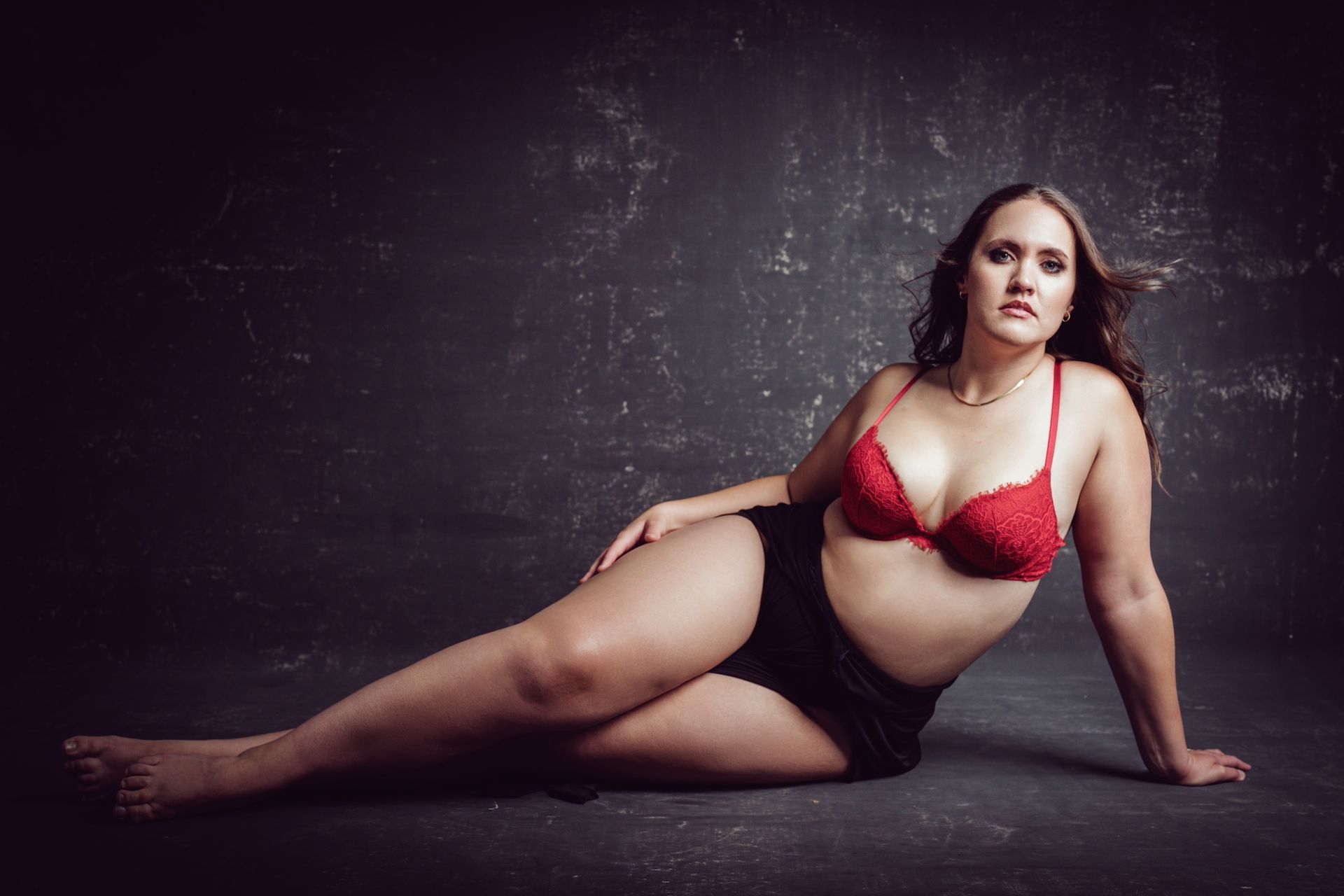
It’s unattainable. The ideal (body, personality, life) is a fabrication. The image painted by society of perfection is privileged, ablest, sexist, racist - all the bias and bigotry, and it’s designed to make us feel unworthy and never good enough. Insecurity is profit.
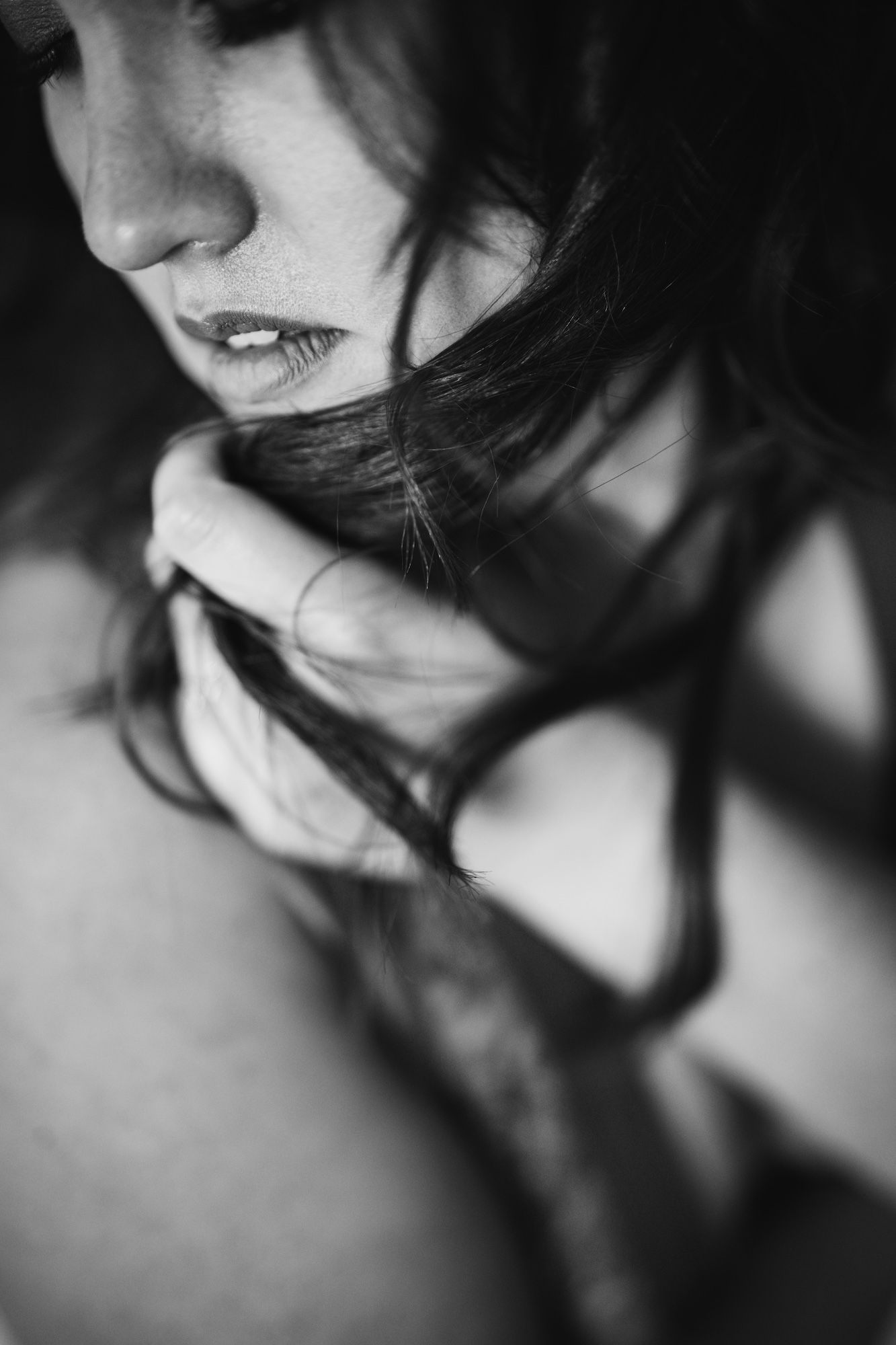
The proliferation of social media in all our lives has been complex, creating a world that is more connected and more isolated. It is quite literally a virtual reality, and often, we are basing our self image off this medium that is inherently distorted. There is a strong correlation between high social media use and loneliness, low self-esteem, and anxiety. It has even been shown to lead to disordered eating and other unhealthy habits. It is no wonder that being flooded with filtered, edited images can trigger body dissatisfaction, and even body dysmorphia.
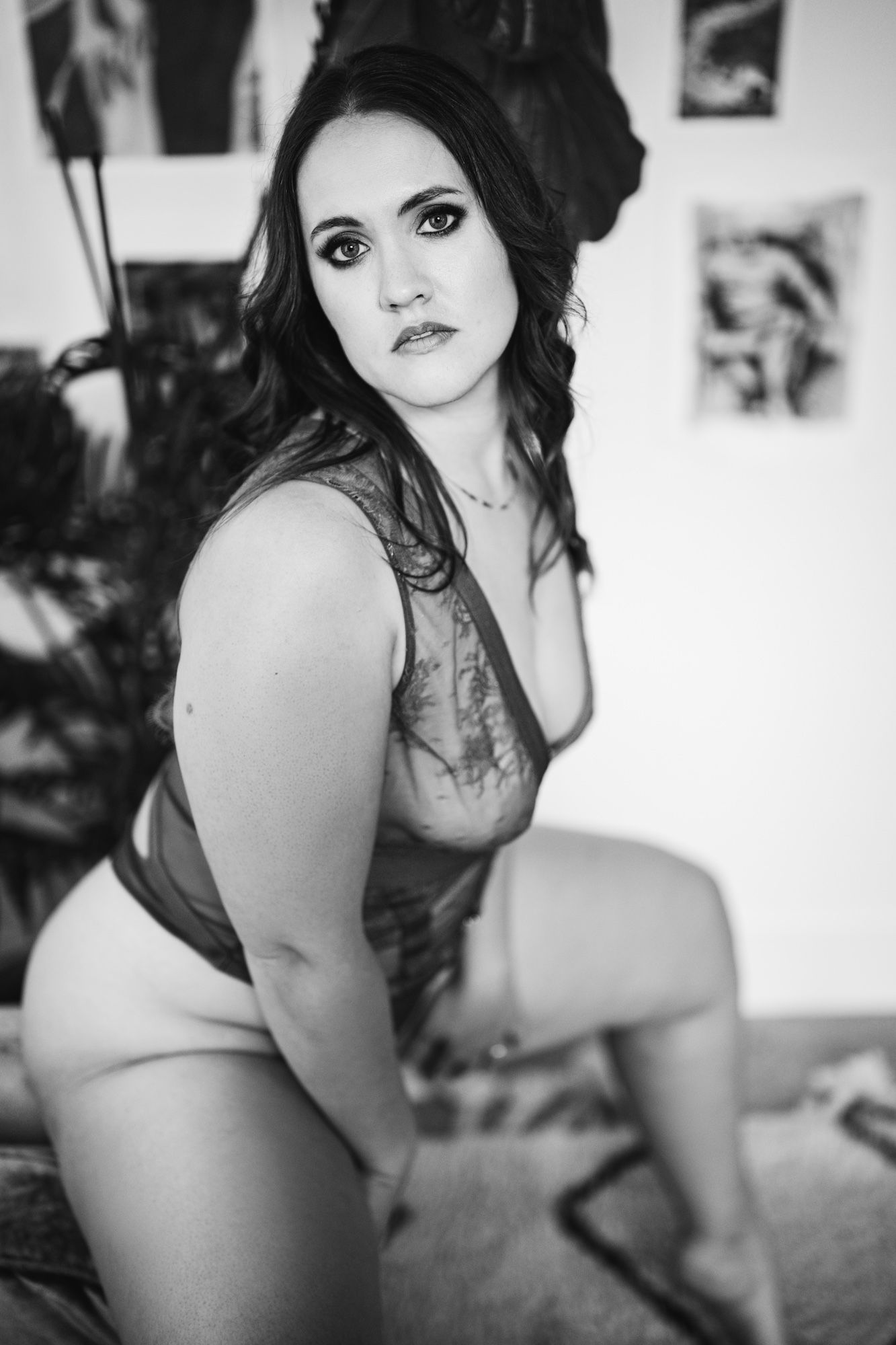
ALL media is curated. It is not surprising that a false environment with a culture of comparison can fuel mental health issues and distorted perceptions, thoughts, and emotions about one’s own body. When we are inundated with deceptive practices, with images of people presenting themselves only only in their best light, it can be hard to remember that social media is NOT reality. It is a carefully chosen mirage.
So…now what?
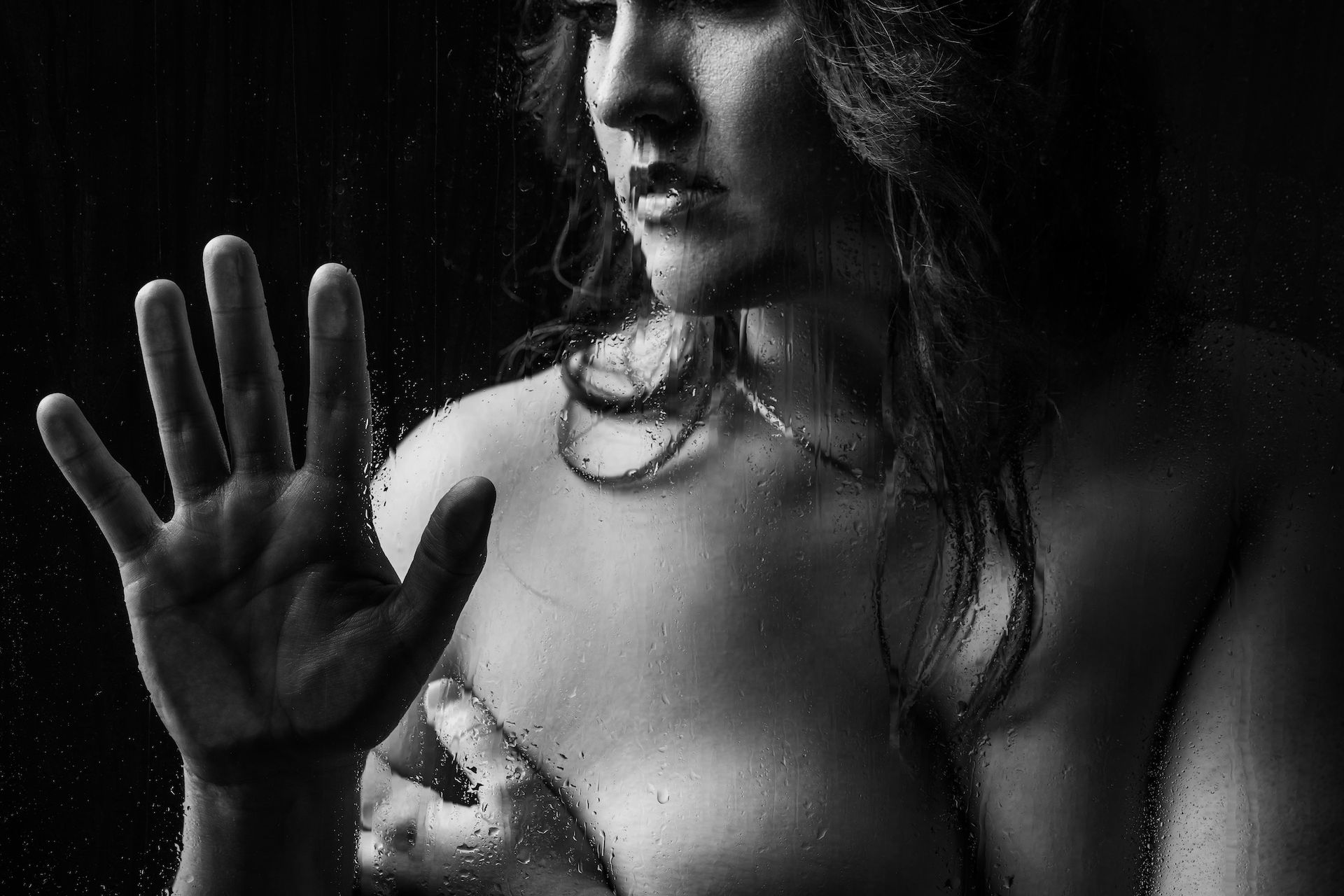
It is easy to say avoid social media completely. For some people, that may work. For most of us, social media has benefits that outweigh the problems. It is where we connect with family and friends, get news, and educate ourselves. It is our entertainment and, at times, our lifeline.
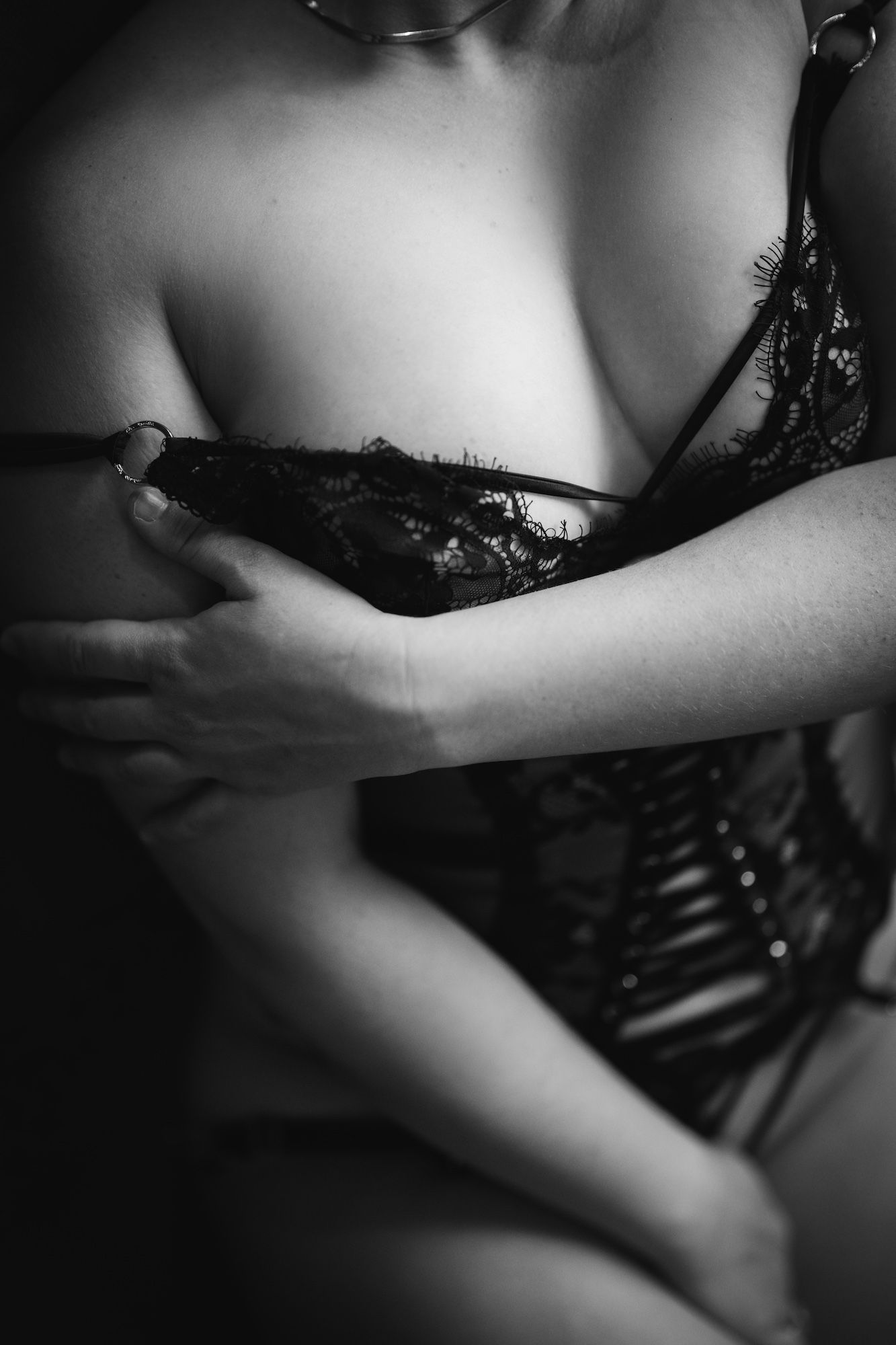
As an alternative, we can push the concept of social media literacy. Think critically. Question the motivations behind posts. Challenge your assumptions about what is being presented. Take breaks. Remind yourself that technology doesn’t equal truth. Trust, but verify. Look around the real world occasionally and remind yourself the people are not airbrushed, that your friends and family and acquaintances exist outside of the photoshopped perfection of virtuality.
We can also curate our own feeds. Change the focus of your feed. Unfollow people and pages that make you feel worse. Surround yourself with positive influences, both on and off-line. Find creators that share non-enhanced and diverse bodies. Or follow cute puppy pictures and amazing food. Share unfiltered truth and unedited images on your own page. Real is beautiful, no matter your imagined defects. You deserve to be seen.
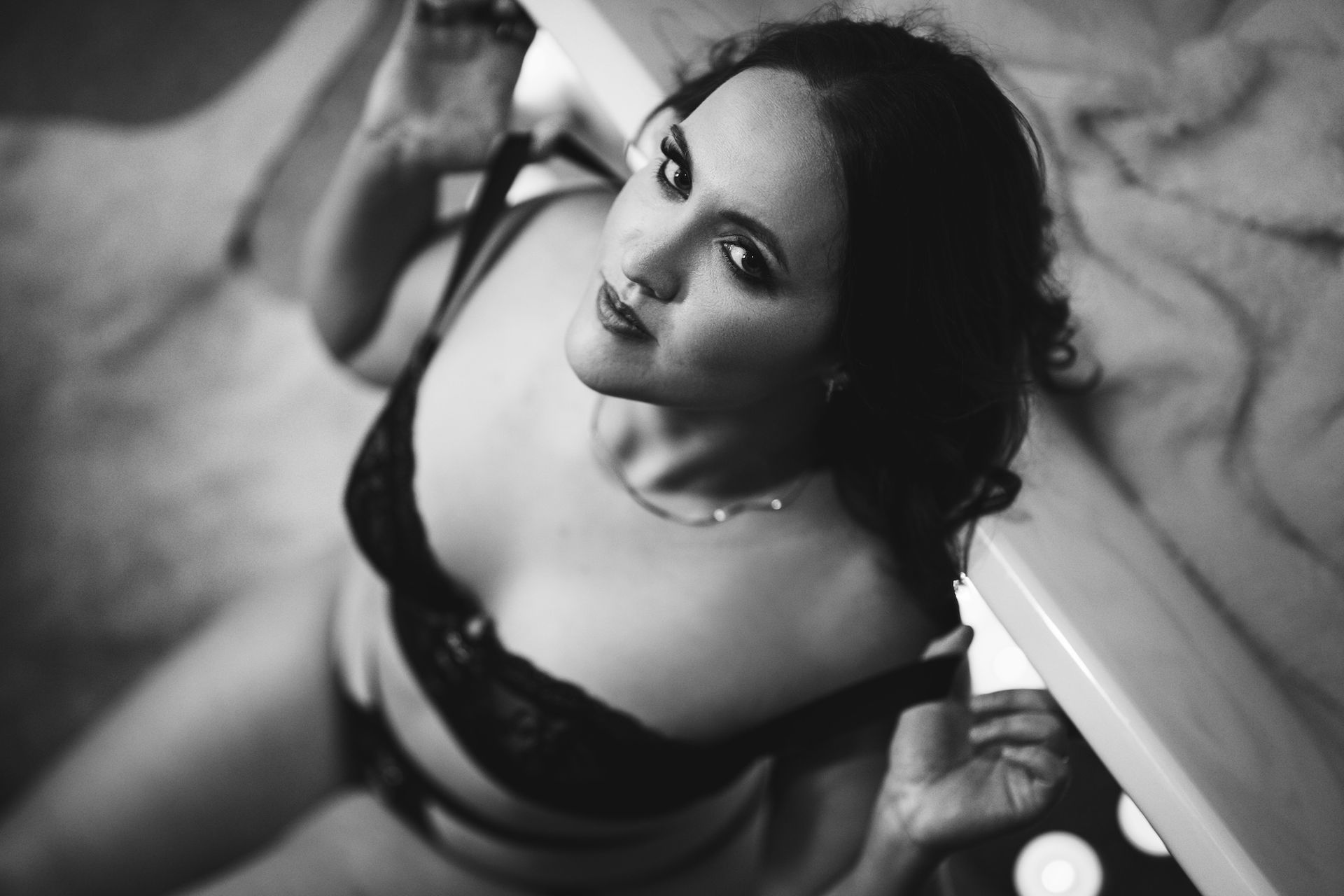
Find inclusive spaces on social media. They do exist. It is possible to use social media in a healthier way. There is community and support available, if you seek it out. Try to connect with a safe, supportive network. Reach out to people who embrace all kinds of bodies, as well as explaining your interests in things that have absolutely nothing to do with physical appearance.
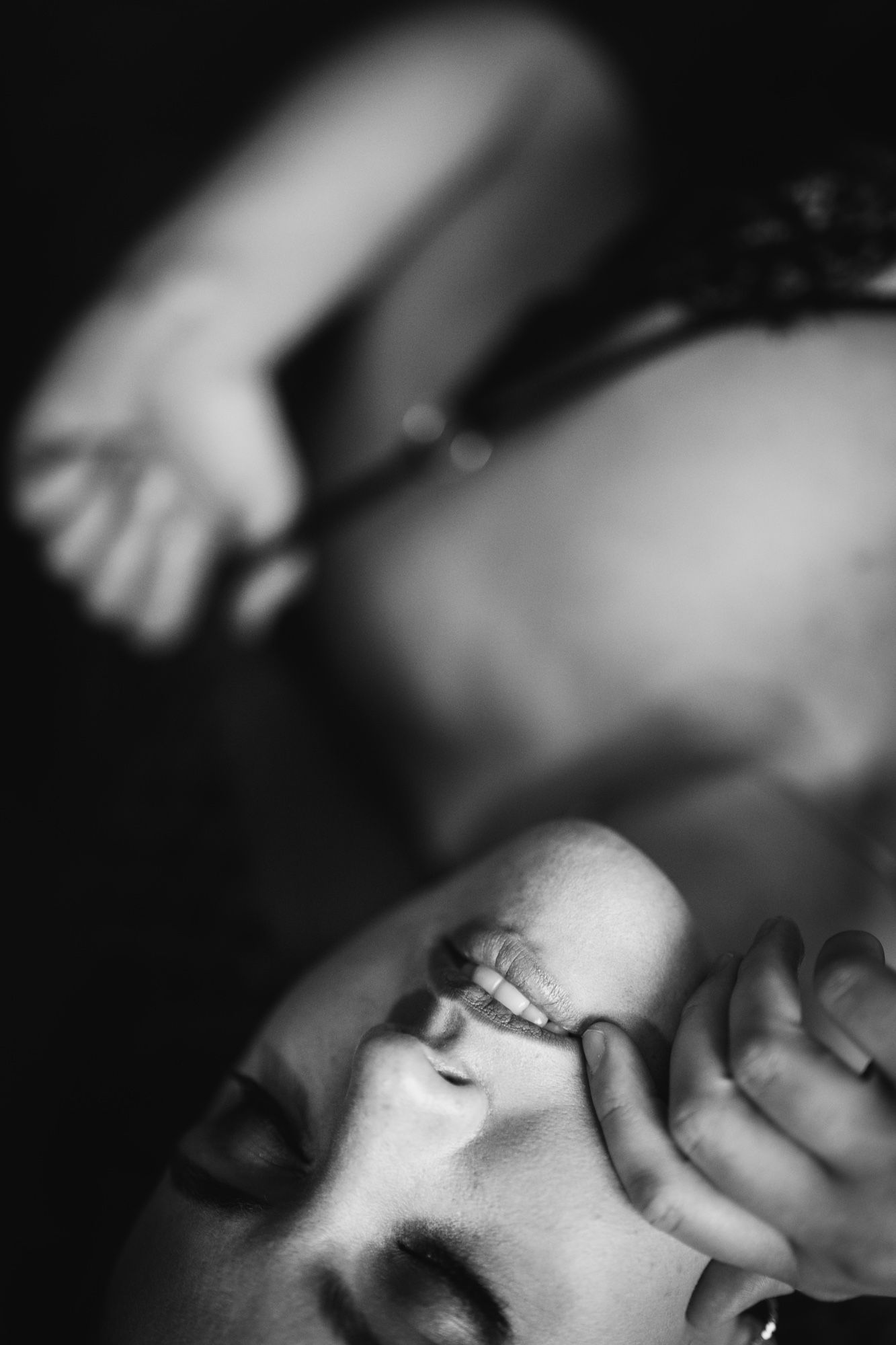
Most of all, forgive yourself for not seeing your body with kindness. Body positivity can feel daunting. So try for body respect, body acceptance, body neutrality. This is not selfish or vain. Feeling good about yourself makes you more available to love and health and productivity. Existing in an imperfect body and feeling joy in your life is both an act of peace and an act of revolution. As artist Caroline Caldwell said, “In a society that profits from self-doubt, liking yourself is a rebellious act.”
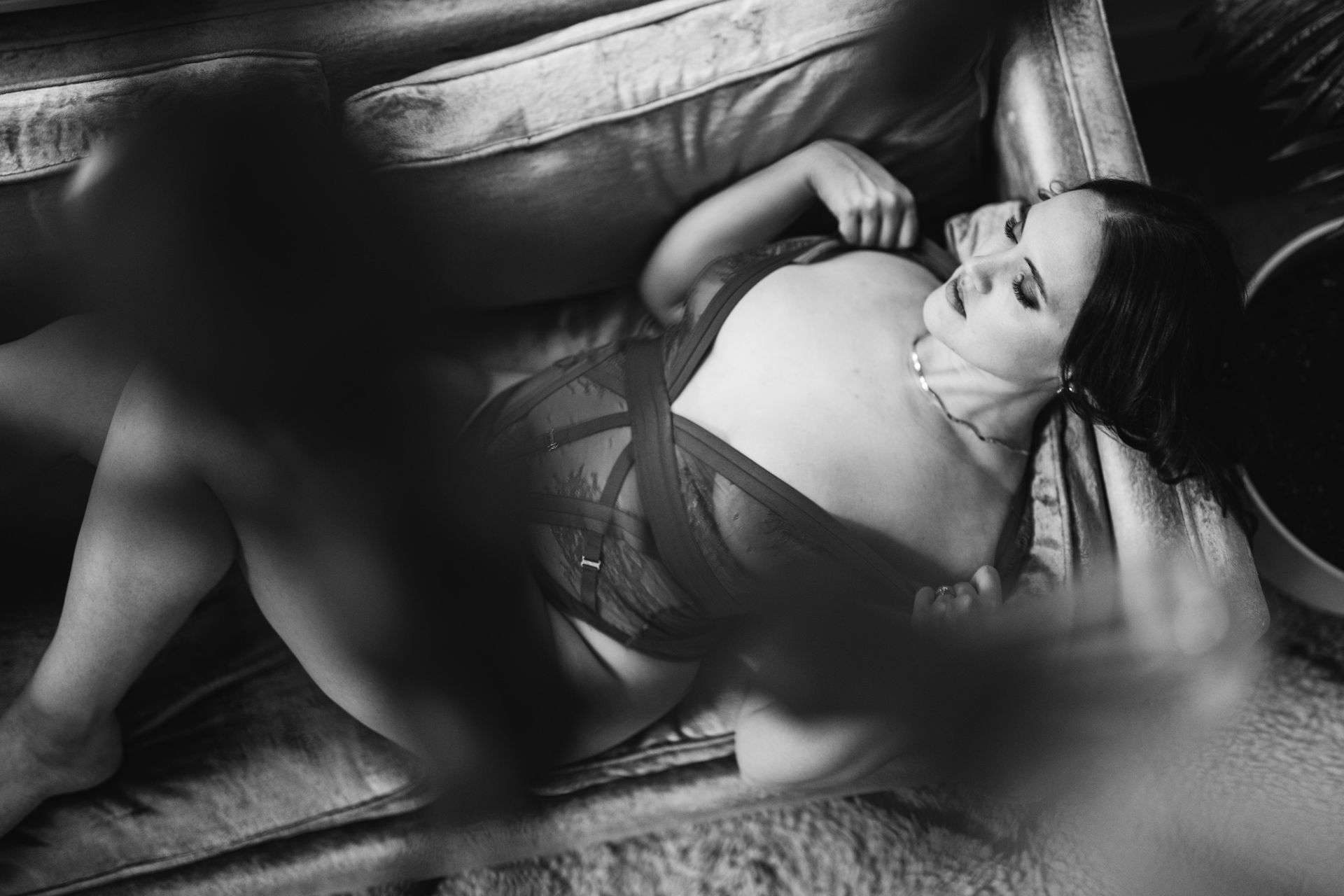
Can we completely reshape society standards? Can we show all kinds of bodies as beautiful and powerful? I hope so. At the least, we can widen our lens to what is beautiful, and include ourselves in the picture.
